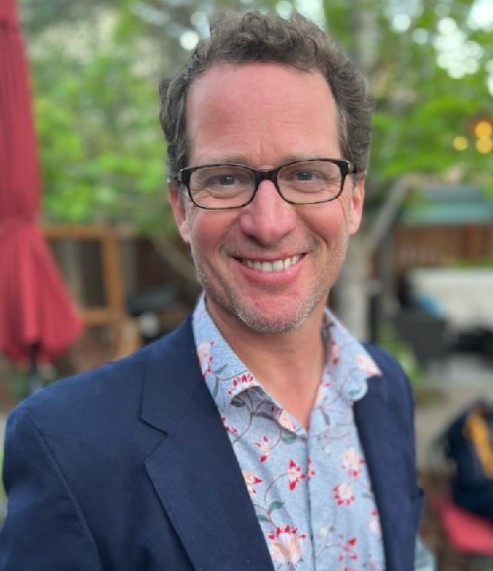
Originally published in the Source weekly, from Dr Phillips’ monthly column, The Medicine Cabinet Within.
While the experience of falling in love and connecting deeply with another person might be better left to the musings of philosophers and poets, the training of psychiatric professionals or the wisdom of gurus and clergy, one cannot help but be curious about the physiology of the experience we call love. It will come as no surprise that the experience we have when we feel attracted to another person, and perhaps later fall in love, engages a great deal of who we are, not just emotionally but also physiologically.
From an evolutionary and survival perspective, it makes perfect sense that we are hard-wired to feel attracted to and desirous of other people. Clearly, our very existence as a species relies on our attraction toward and sexual desire for one another. We are also innately designed to have deeper and lasting connection, beyond sex, to further fulfill our most meaningful experiences with others in our lives.
Much has been studied about what attracts people to one another — things like body type, other aspects of appearance and endless personality attributes, but more subtle factors are also at play. Substances picked up by our olfactory senses (smell) called pheromones are also playing a role in who you are attracted to and perceive as sexy. The natural smells that we each emit may in fact be part of how we identify one another as attractive or not. An interesting body of research suggests that pheromonal signals help to pair you with someone who has a genetically different immune system than your own — increasing the odds for better health and vitality of future offspring.
The sound and qualities of another’s voice are also rarely considered when determining what it is that draws us toward each other. Obviously what people say can be sexy or a big turnoff, but the qualities of the voice itself carries its own subtle messages. Classically, lower voices in men and higher pitched voices in women are stereotypically considered attractive by the opposite sex. More nuanced factors, though, like fluctuations in tone while speaking and cadence of speech, also play a big role in subconscious signals of perceived attractiveness as well as trustworthiness. While no two voices are exactly alike, there are unique signatures that we each broadcast through our voices, that some people find more attractive than others.
The highly cited researcher Helen Fisher, Ph.D. has categorized the human experience of love as three different phases: lust, attraction and then attachment, each associated with their own unique dilemmas and rewards. The nervous and endocrine systems are a literal symphony of activity in all phases of connection, often to an overwhelming degree, as we have all experienced. While this cascade of neurochemistry does overlap and defy perfect categorization, there are some hallmarks of these different phases.
The sex hormones testosterone and estrogen are associated with lust, while testosterone plays the biggest role in libido for both men and women. We find dopamine and norepinephrine firing from lust through the attraction phase of relationship, hormones that are both feel-good and edgy, keeping us on our toes while also fueling feelings of pleasure and satisfaction. As we develop more enduring attachments to those we love and care for, we find the hormone oxytocin playing a central role. Oxytocin is a hormone also associated with childbirth and breastfeeding — activities also connected with human bonding and enduring connection.
In their 2013 NIH paper, authors Carter and Porges share, “Human love is more complex than simple feedback mechanisms. Love might create its own reality. The biology of love originates in the primitive parts of the brain — the emotional core of the human nervous system — that evolved long before the cerebral cortex. The brain of a human in love is flooded with sensations… the modern cortex struggles to interpret these primal messages, and weaves its own narrative.”
Indeed, the contemplation of love intrigues scientists, artists and mystics alike. Perhaps the enduring desire for connection with others and the feeling we call love does come first, inspiring the orchestra of biochemistry that follows. Regardless, love is a central and defining feature of our human community, and despite the inevitable trials and tribulations, one that will carry us all the way through.
Appointments with Dr. Phillips are available by calling 541-330-0334 email info@hawthorncenter.com or visit our online request form.

